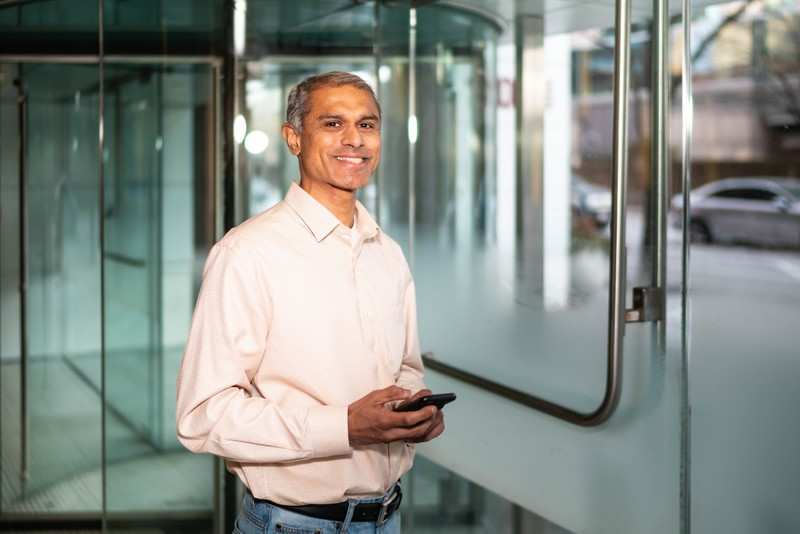

Hari Balakrishnan, Fujitsu professor of pc science on the Massachusetts Institute of Technology (MIT), says engineering schools in India ought to encourage extra college students to take up analysis.
“Within the prime institutes, the curiosity in pursuing analysis has gone down, and one of many causes is much more profession choices can be found, in contrast to within the Nineties after I graduated. For the development of science and engineering, it’s important that good college students take up analysis. It can’t be simply 1-3% of a category going there, it must be about 20% of the scholars,” he says.
However how do you entice younger individuals to analysis in an ecosystem which is able to pay graduating college students extraordinarily enticing salaries? The query is one that’s usually raised by professors on the IITs too. So good are salaries for graduating college students that the variety of college students passing out of IITs who then head to the US for greater training has dropped to 10-15%, from about 85% three many years in the past.
Balakrishnan suggests a two-pronged method. Herald position fashions to display the affect they’ve had on society. “Whereas analysis shouldn’t be for everybody, lots of people want to know that it’s doable to have a particularly snug life by specializing in analysis as a profession. What individuals crave for is the monetary side, however the satisfaction you derive by means of the affect you create and the truth that you might be valued can also be unparalleled,” he says.
Balakrishnan, who received the Infosys Prize in engineering and pc science final 12 months, says the problem in pushing individuals to analysis is a world downside, however in some locations it’s acute. MIT, he says, has a programme referred to as Urop (Undergraduate Analysis Alternatives Programme), which permits engineering undergraduates to take part in analysis tasks and for which they’re given credit score factors. “It’s like being an apprentice. Analysis is greatest learnt in a method one turns into an electrician – not simply concept, however you be taught by doing it,” he says.
Faculties in India, he says, may provide you with such a programme by tieing up with one other college in India or the world. “College students want to put in writing a report and do a small invention, after which when you present these 20-year-olds the style of what it feels prefer to provide you with a brand new concept, one thing no one else has carried out, they are going to be hooked to that distinctive feeling. It is going to open the flood gates. Universities want to reveal college students to analysis alternatives early,” he says.
Balakrishnan can also be the founding father of Cambridge Cellular Telematics, an organization that makes use of cellular sensing, statistical strategies, AI and behavioral sciences to make roads safer by making drivers drive higher. Of its 200 staff, 30 have PhDs, a mirrored image of the development within the US the place doctorates are deeply valued in business, in contrast to in India.

Hari Balakrishnan, Fujitsu professor of pc science, Massachusetts Institute of Know-how (MIT)
FbTwitterLinkedin






